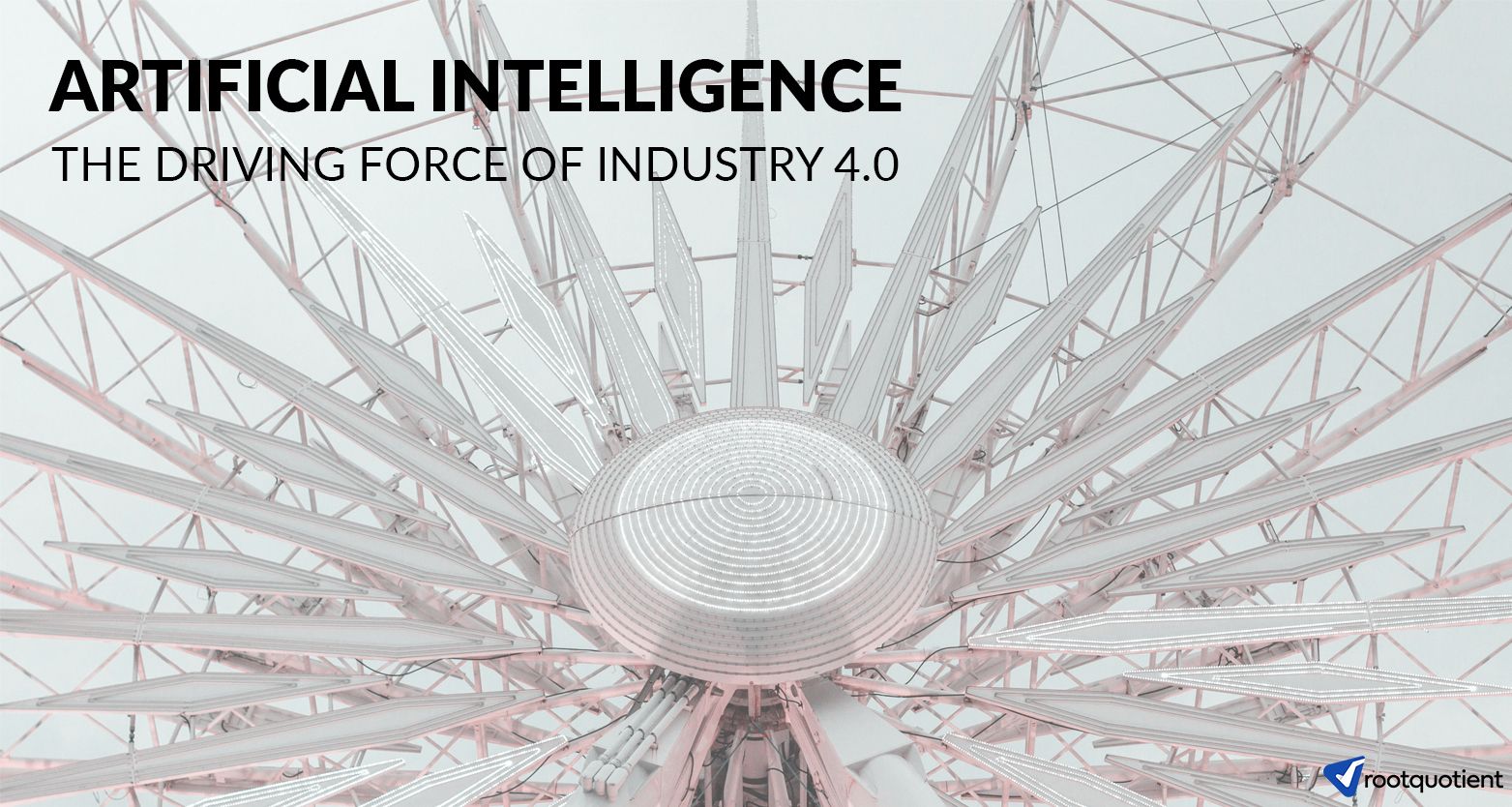A standing proof that Industry 4.0 is driven by contribution from Artificial Intelligence (AI)
While the focus on Industry 4.0 is primarily based on sensors, data connectivity, cameras, etc., Artificial Intelligence is the cornerstone of this revolution. Any process involving human-machine interaction is enhanced by AI. Automation may amount to the majority of AI processes, but it contributes much more to the smart factory systems. They improve efficiency and assist maintain a better supply chain. The significance of AI also helps industries strategically plan their investments in implementing and adapting to Industry 4.0. Machine learning predominantly contributes to AI involvement in industries. Below is a small assessment on how AI has been contributing to Industry 4.0 since the beginning, acting as the driving force of the revolution.
Checkout our previous blog on title, Is Artificial Intelligence (AI) taking over the world?
Before Industry 4.0
Industry 3.0 was the beginning of using machines to replace human labor. The use of robots and Programmable Logic Controllers proved to be the beginning of automation. However, they required human intervention for maintenance and operations and weren’t fully autonomous. Industry 4.0 became an extension of this in making these machines more efficient and reliable without human intervention.
It is now clearly understood that Artificial Intelligence has been a part of the industrial revolution much before Industry 4.0. This phase began with making these AI better and more efficient. Collaborations with data collection, sensors, connectivity, live data updates, feature engineering, machine learning, cyber-physical systems, to name a few, have resulted in what is now viewed as a whole revolution. The recent trend is AIoT which is the combined application of Artificial Intelligence and the Internet of Things.
How AI Has Enhanced The Processes In Industry 4.0?
What seemed to be the problems at the end of Industry 3.0 were resolved to mark the beginning of Industry 4.0. It is evident that AI has been the major contributor to this transition. Though Industry 4.0 pans out beyond Artificial Intelligence, the majority of the changes begin with AI and AI-assisted technology.
1. Predictive Maintenance
Machine learning has been the most sought-after feature of AI in industries. Instead of waiting for specific schedules for maintenance, the machines themselves predict issues and maintenance schedules using algorithms, resulting in uninterrupted and cost-efficient production. A longer Remaining Useful Life (RUL) of machines and the requirement of small labor to take care of them is the major take away.
2. Quality
More and more complicated systems are in use today and this requires the utmost consistency in quality. Any manager in an industry would deem quality as the top priority to maintain and increase customer base. As already mentioned, machine learning contributes to quality checks and alerts in the smallest drop of quality with its algorithm and simultaneously collecting this data for future operations, product development and important business decisions.
3. Robots For Human Safety
In a factory environment, human-robot collaboration has been the norm. AI will play a major role in ensuring the safety of human workers and holding more responsibility in major decision making based on data collected on the production floor.
4. Generative Design
The collected data can be used in the development of other products using the AI algorithm. This can include aspects like materials, production methods, time constraints, and budget limitations. This ensures a better testing phase with higher possibilities of the product being approved as most of the issues are dealt with in the design phase itself.
5. Supply Chain
AI is not only a part of the production floor. It also contributes data to study the market and identify demand patterns under various circumstances including political situations, date, location, economic behavior, etc. This helps the organizations to optimize manufacturing units based on the prediction and act on real-time data provided by the AI.
While Industry 4.0 is considered as the enhancement of what the industries saw in the previous revolution, the introduction of smart factories has only meant that the skills of human labor should be increased to focus on higher levels while the machines take care of the basic and vital issues. Read more on 4 compulsive advantages of Industry 4.0
